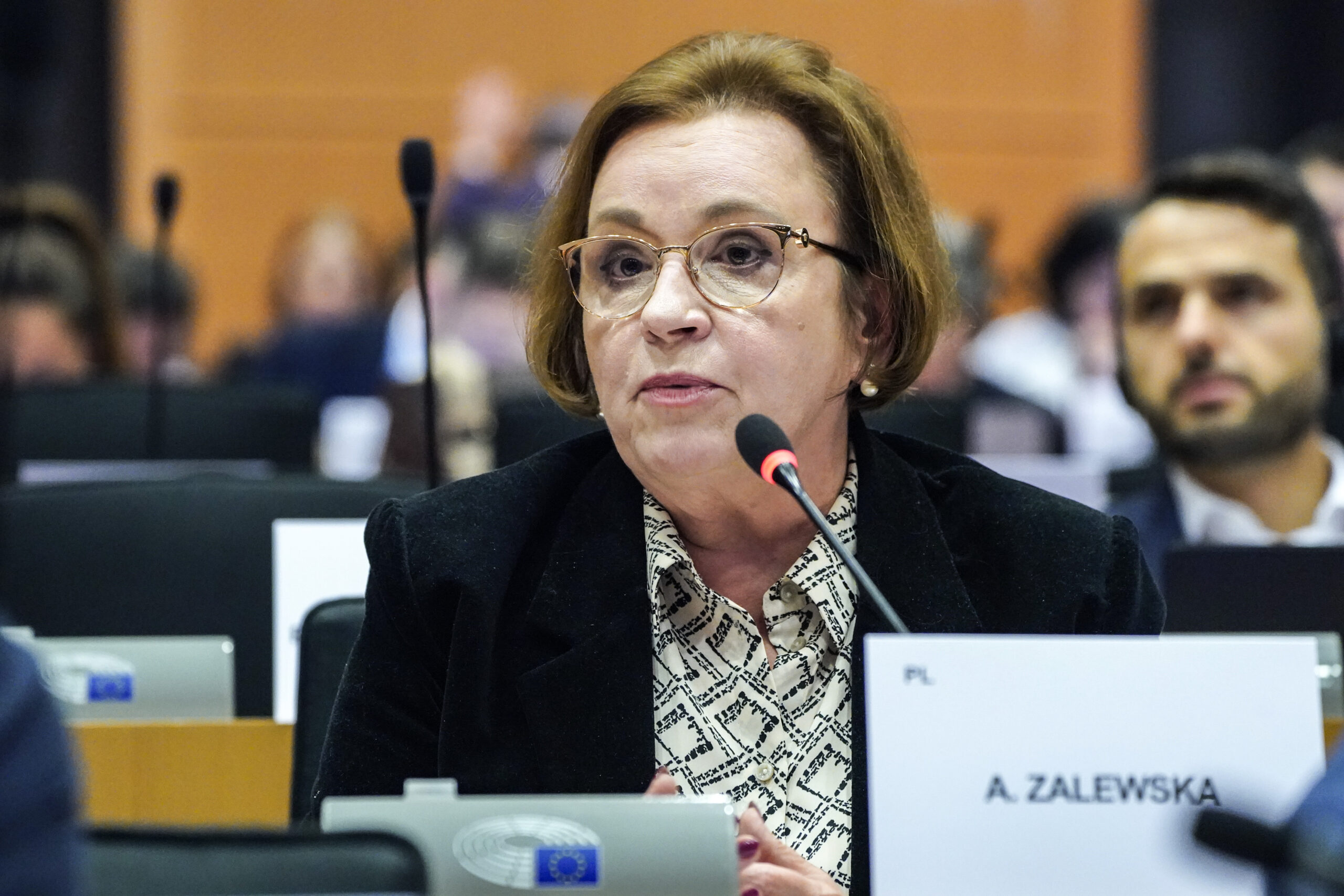Brussels – The EU has set the bar for reducing food waste by 2030. The co-legislators of the European Parliament and the EU Council reached an agreement overnight to amend the Waste Framework Directive: the goal is to reduce waste from food processing and production by 10 percent and waste generated in retail, restaurants, food services, and households by 30 percent. The agreement also envisages the extended responsibility of textile producers, who must pay a fee to help collect and treat waste.
In this way, Brussels tries to patch on the indigestion of food and textile waste that member countries produce yearly: 60 million tons of food waste – roughly 132 kilos per European citizen – and 12.6 million tons of textile waste. In the old continent, food waste results in an economic loss of 132 billion euros per year, while for textiles, it is estimated that less than 1 percent of them are recycled globally.
In the end, the reduction targets remained as in the European Commission’s original proposal: the European Parliament had asked for more ambitious binding targets – at least a 20 percent reduction in food processing and production and a 40 percent reduction in retail, restaurants, food services, and households – but in the inter-institutional negotiations it had to give way to the stance of member states. Parliament did, however, secure the inclusion of measures to facilitate the donation of unsold food that is safe for human consumption by economic operators. “We have made sure that unsold food can be donated or redistributed through platforms such as ‘Too Good To Go’ without unnecessary obstacles,” said the rapporteur for the European Parliament, Anna Zalewska (ECR).

Farmers were left out – at least initially: the text that resulted from the agreement does not include any targets aimed at primary production, the impact of which will be assessed later in the review scheduled for 2027. “Today, we have taken concrete steps to reduce waste without overwhelming businesses with red tape. At the same time, we have ensured that policies to reduce food waste have absolutely no negative impact on the agricultural sector,” Zalewska exulted.
Textile waste: fast-fashion in the crosshairs, exemptions for second-hand items
The agreement on the revised directive also establishes harmonized rules on extended producer responsibility for textile manufacturers and fashion brands. In essence, they will be held responsible for the entire life cycle of textile products – and thus their waste – and will be required to pay a fee to help finance its collection and treatment. The cost will depend on how circular and sustainable their product design is.
The new rules cover clothing, accessories, footwear, blankets, bed and kitchen linen, curtains, and hats. They will apply uniformly to all manufacturers, including e-commerce, whether established in an EU country or outside. Charges on textile collection, sorting, and recycling costs will apply 30 months after the directive is implemented, except for micro-enterprises, which will have an additional year to comply.
The targets of the directive are fast fashion manufacturers: to prevent textiles from being discarded before they reach their potential lifespan, member states can adjust the fees paid by manufacturers based on textiles’ usage life and durability. At the opposite end of the spectrum, there are incentives for second-hand products: “It was essential to exclude second-hand stores from paying a tax for each item sold,” the rapporteur for the European Parliament noted because “such charges would be contrary to the objective of the directive, which is to promote circularity by encouraging repair and reuse.”
English version by the Translation Service of Withub







